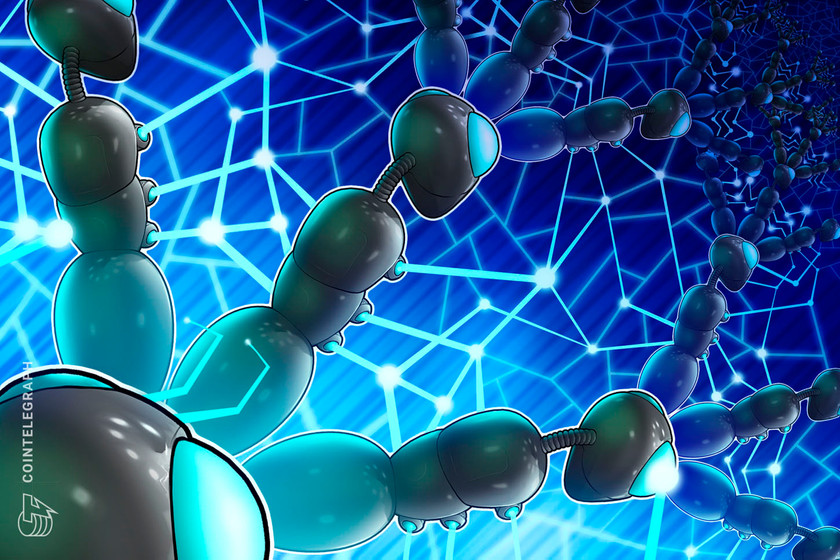Tawanda Kembo, the founder and CEO of the Zimbabwean cryptocurrency exchange Golix, claims to have lost the password to one of the exchange’s Bitcoin (BTC) cold wallets.
On Nov. 1, local news daily iHare reported that the CEO of Zimbabwe’s first cryptocurrency exchange allegedly lost the password in May of last year. IHare wrote that the “password fiasco” was confirmed by two separate sources familiar with the matter.
CEO loses access to 33 Bitcoins
The story of the lost password follows reports that financial regulators at the Reserve Bank of Zimbabwe ordered the exchange to shut down its operations for violating regulatory issues.
Since then, Golix has reportedly ceased all communications with its customers, while a large portion of the exchange’s customers continues to be unsuccessful in retrieving their investments from the exchange.
Kembo himself came forward in a guest post, responding to allegations that his crypto exchange failed to process customers’ withdrawals.
Kembo denies that his company was unable to process withdrawals because of insolvency, saying that “99% of the people who have attempted to make a withdrawal on Golix have seen it go through without a hitch.” Kembo adds that the claims of customers unable to withdraw funds come from the 1% minority.
However, Kembo did not deny that he lost the password to the wallet containing 33 Bitcoins, worth over $305,000 at press time. Kembo claims that the entire situation has been taken out of context.
Zimbabwe’s ban on foreign currencies
In July, the government of Zimbabwe banned the use of foreign currencies in the African country, which caused a surge in Bitcoin peer-to-peer trading. Zimbabwean citizens reportedly have been using services such as Paypal, Western Union and Moneybookers to trade Bitcoin outside the country at premium prices.









